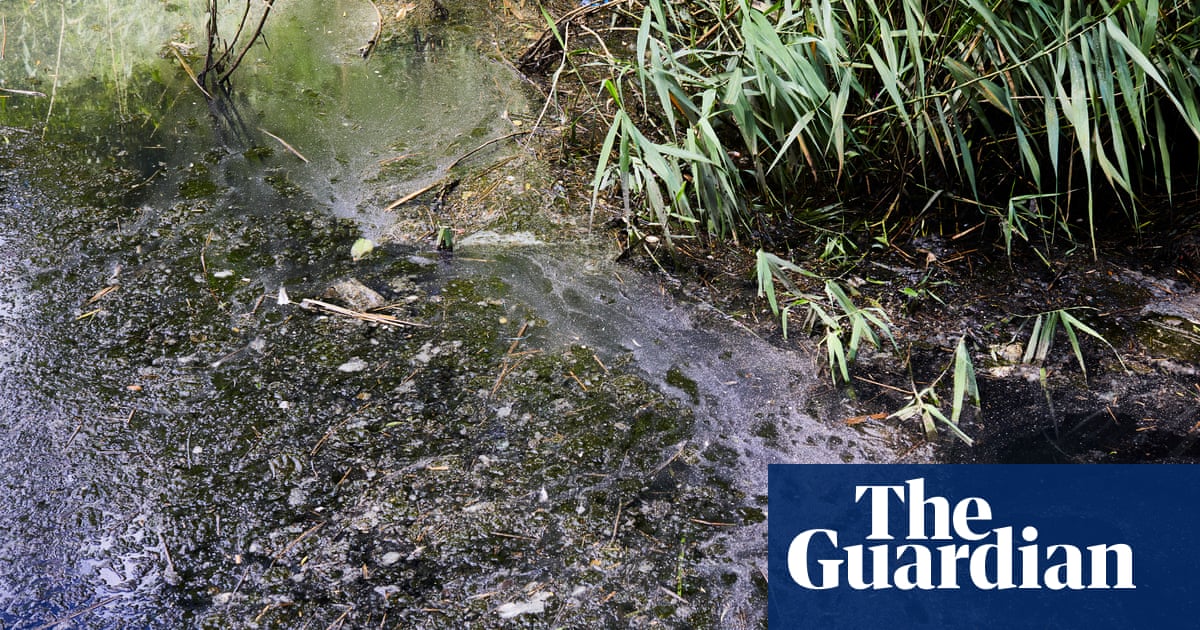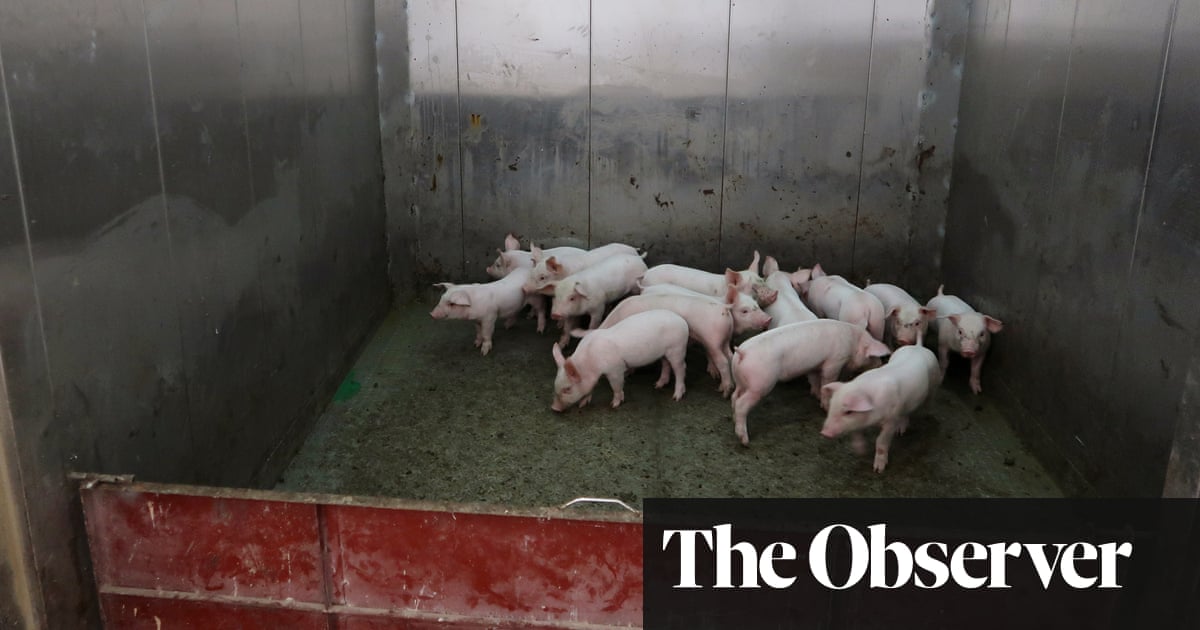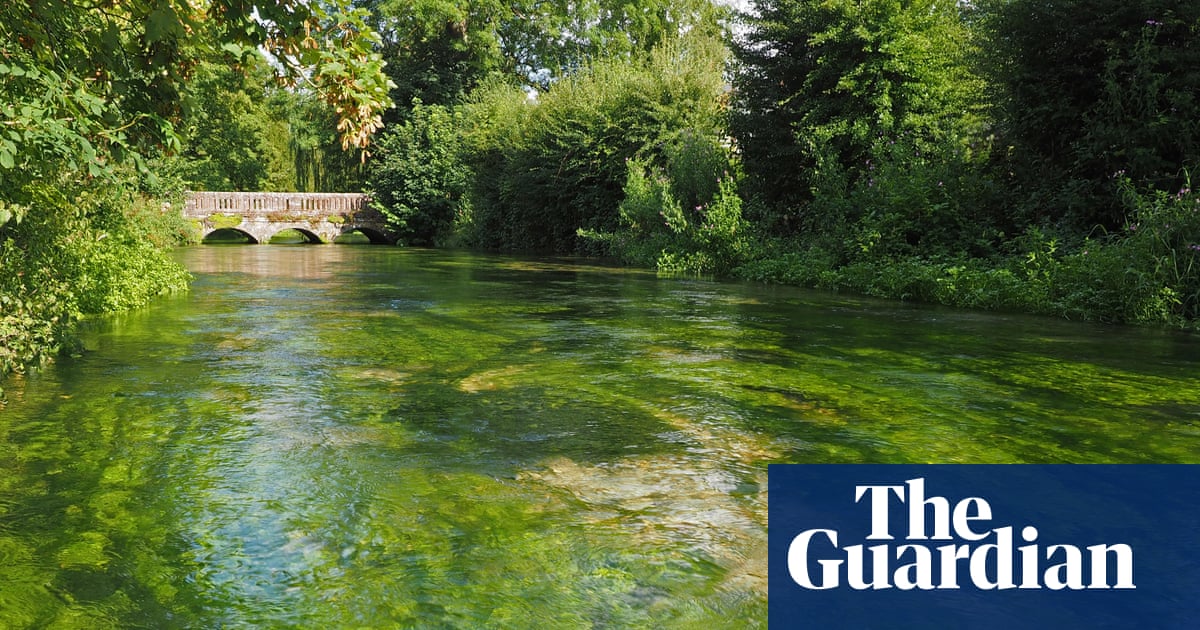
Dozens of advocacy groups have filed a lawsuit against the Environmental Protection Agency (EPA), claiming the federal department has failed to come up with a plan to regulate water pollution from factory farms.
The suit claims the agency has yet to respond to a 2017 legal petition from more than 30 environmental groups demanding that the EPA tighten its Clean Water Act enforcement for factory farms, also known as concentrated animal feeding operations (Cafos), where thousands of animals are sometimes confined.
The agency has never explained how it plans to crack down on water pollution that often contains manure, antibiotics and chemicals, the groups argue. Federal rules require government agencies to respond to petitions “within a reasonable time”.
“Given the magnitude of the health and environmental threats, competing priorities do not justify further delay,” the lawsuit argues.
Livestock and poultry create about 1.4bn tons of manure a year, according to the US Department of Agriculture. Factory farms often store manure in ponds that can overflow into streams, lakes or rivers and leach into groundwater.
Manure causes nitrogen and phosphorus in water, tainting drinking water and causing toxic algal blooms that can be deadly to aquatic life. Waste-polluted water can irritate skin and cause gastrointestinal and respiratory problems, according to the Centers for Disease Control and Prevention.
The agency itself has said that three-quarters of factory farms discharge pollution, said Emily Miller, an attorney for advocacy group Food & Water Watch, the lead petitioner. But EPA has essentially let companies decide whether they want to comply with the Clean Water Act, she said.
“EPA has set up a catch-me-if-you-can system,” Miller said. Factory farms “only have to get Clean Water Act permits if they admit they discharge, which is obviously not an incentive to do so”.
Federal authorities have been “reluctant” to regulate factory farms since the Clean Water Act passed in 1972, said Anthony Schutz, an associate dean and associate professor at the University of Nebraska law school. “There’s a powerful agricultural lobby that doesn’t support regulation,” Schutz said. “It would rather see pollution abatement accomplished through voluntary actions.”
If the lawsuit is successful, he said, it could lead the EPA to push states to tighten pollution enforcement or risk losing their ability to regulate agriculture.
A spokesperson for the EPA said in an email that it “continues to work collaboratively with farmers, industry stakeholders and environmental organizations”. The agency added: “It is important to understand the diverse points of view and work together to implement solutions that are effective.”
Industry groups say factory farms are sufficiently regulated. Ben Weinheimer, president and CEO of the Texas Cattle Feeders Association, said nearly all cattle ranchers in Texas, Oklahoma and New Mexico comply with federal water regulations and have the proper permits.
“I see phrases like ‘weak regulations’ and … ‘inadequately protective’, said Weinheimer, a Texas agricultural engineer. “None of those terms accurately describe what we have in place here … we take so much pride in how we protect the environment.”
But agricultural waste has devastated waterways around the country. In Indiana farm runoff is a main driver of water pollution. A 2015 assessment found 80% of surveyed Indiana drinking water utilities reported water limitations due, in part, to farm runoff.
Increasingly frequent and intense extreme weather events are exacerbating factory farms’ pollution problem. Hurricane Matthew inundated dozens of North Carolina hog and chicken farms in 2016, sending animal feces into rivers and lakes. And in 2018, Hurricane Florence caused the flooding of more than 100 manure lagoons on industrial hog farms in North Carolina.
In Iowa, which has thousands of hog farms, some lakes are so polluted that Julie Duhn said she’s afraid to take her grandchildren swimming.
“There’s just so much wrong and it just feels urgent,” said Duhn, a resident of Eldora, Iowa, whose written declaration was included in the lawsuit. “Water is essential to life and when you can’t feel comfortable drinking it, let alone swimming in it, that seems pretty urgent to me.”
Two of Iowa’s largest hog producers, Iowa Select Farms and Summit Agricultural Group, did not respond to interview requests.
While the EPA has cracked down on pollution in other industries, factory farms have not received the same scrutiny, said Lisa Whelan, deputy director of Iowa Citizens for Community Improvement, a petitioner in the lawsuit.
“We want polluters to be held accountable for polluting our waterways,” Whelan said. “What we’ve seen from EPA is a free pass to pollute.”












